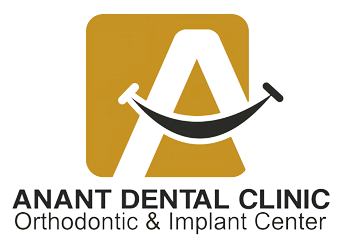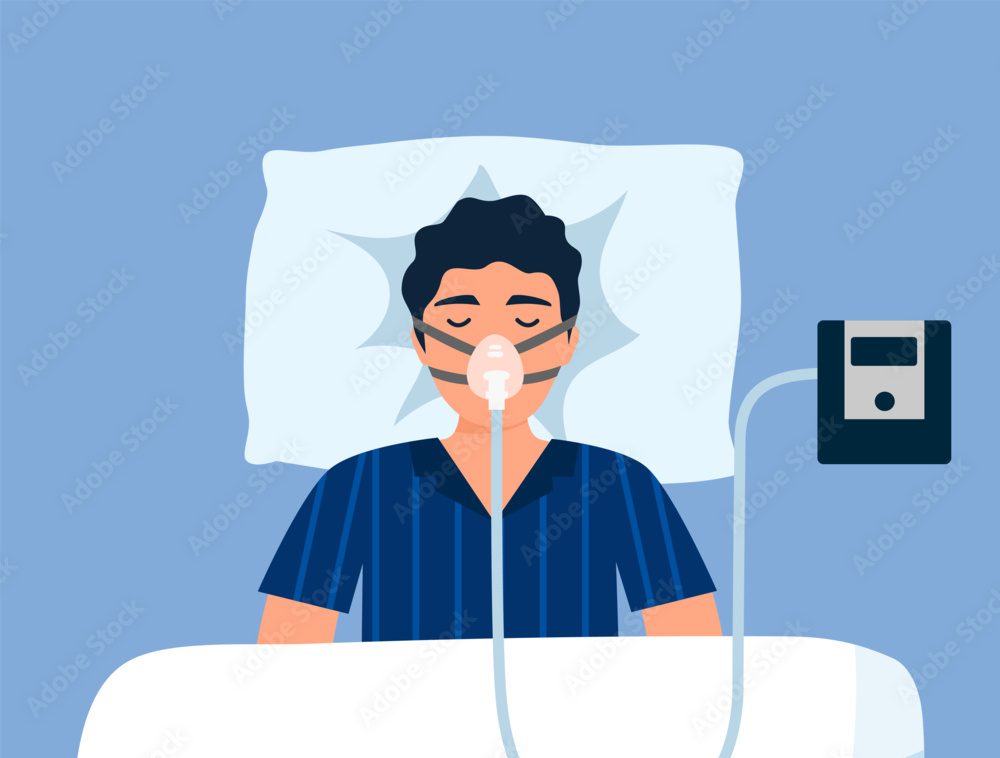Sleep apnea is a potentially serious sleep disorder in which breathing repeatedly stops and starts. The most common signs and symptoms of obstructive and central sleep apneas include:
Loud snoring, which is usually more prominent in obstructive sleep apnea
Episodes of breathing cessation during sleep witnessed by another person.
Treatments for obstructive sleep apnea may include: Continuous positive airway pressure (CPAP) Continuous positive airway pressure (CPAP), Expiratory positive airway pressure (EPAP), Oral appliances and surgery.
Sleep apnea is a condition where a person’s breathing stops and starts repeatedly during sleep. It can cause loud snoring, daytime fatigue, and even serious health problems if left untreated.
Here’s how sleep apnea is treated in dentistry:
Oral Appliances: Dentists can fit patients with oral appliances, also known as dental devices, that are worn during sleep to help keep the airway open. These appliances are custom-made to fit comfortably in the mouth and can be an effective treatment for mild to moderate sleep apnea.
CPAP Therapy: Continuous Positive Airway Pressure (CPAP) therapy is another common treatment for sleep apnea. It involves wearing a mask connected to a machine that delivers a constant flow of air to keep the airway open during sleep.
Lifestyle Changes: In addition to oral appliances and CPAP therapy, making lifestyle changes such as losing weight, avoiding alcohol and sedatives before bedtime, and sleeping on your side instead of your back can also help alleviate sleep apnea symptoms.
Surgery: In severe cases of sleep apnea where other treatments have been unsuccessful, surgery may be necessary to remove excess tissue from the throat or reposition the jaw to open up the airway.
If you suspect you have sleep apnea, it’s essential to consult with a qualified dentist or sleep specialist for an accurate diagnosis and appropriate treatment plan. Effective treatment can improve your sleep quality, overall health, and quality of life.

